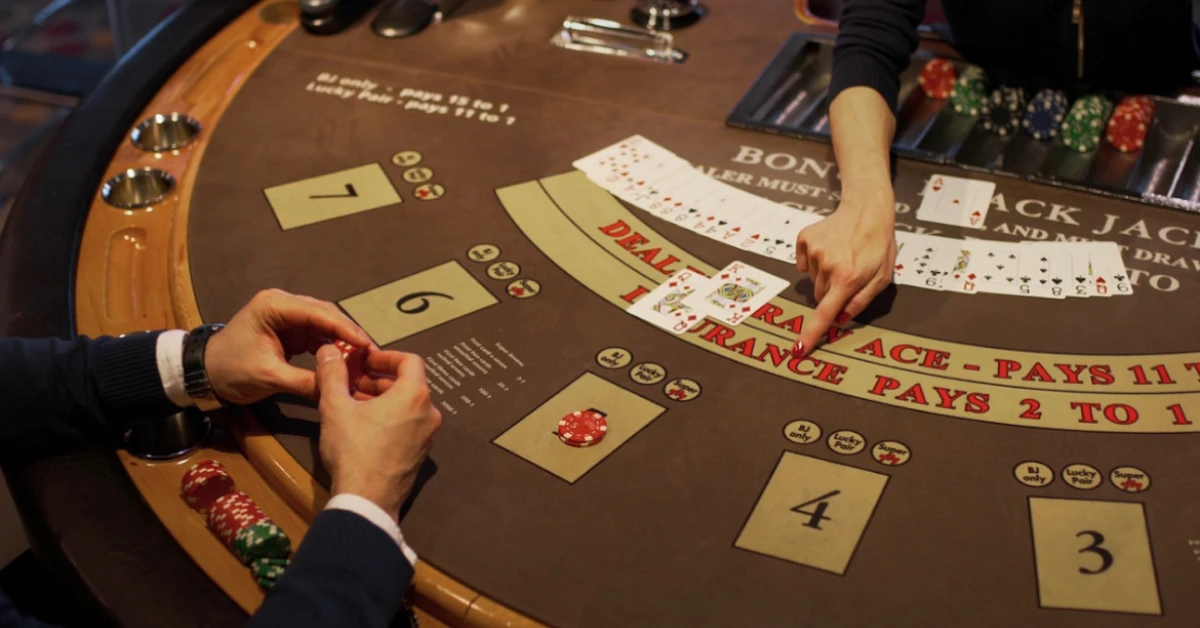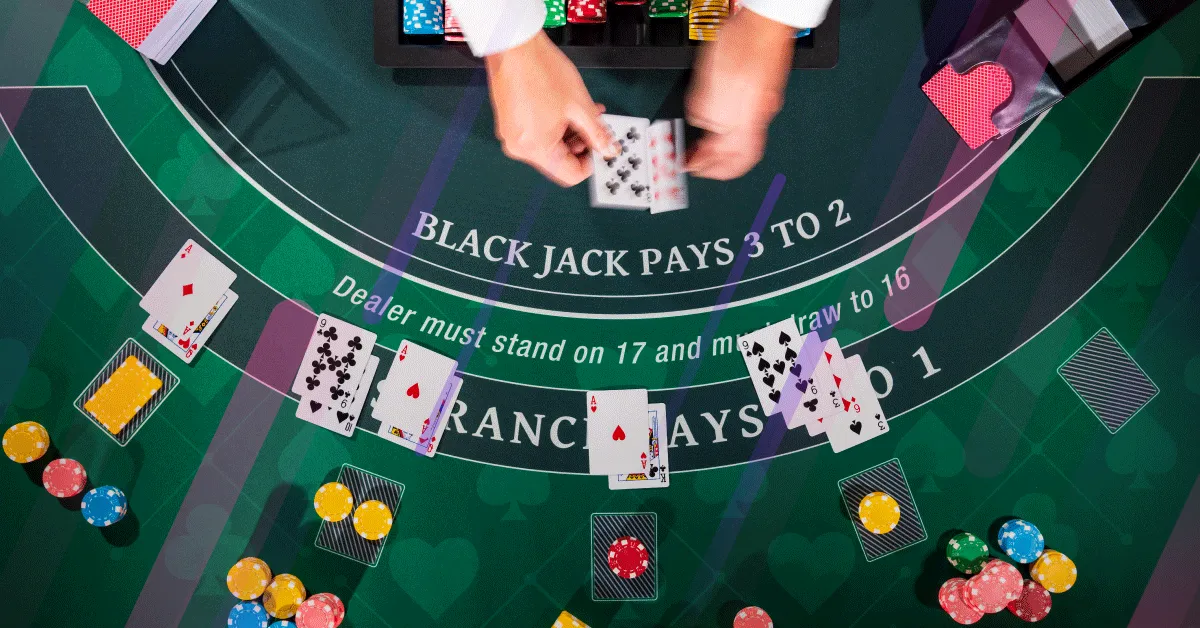The Lowdown on Skill Games and the Skill Game Controversy
_1200x273.webp)
_1200x273.webp)
1.0
Default
Skill games are one of those games that have generated significant attention and controversy within the gaming and gambling industry in recent years – and it’s easy to see why. Skill games are distinct from traditional games of chance as skill games require a level of proficiency, mental insight, and even strategy to succeed. But there’s no doubt about it - they are appealing because they often blend elements of fun and competition, and many players feel they have a direct impact on their outcomes, unlike with slots.
However, this growing niche has not been without scrutiny. Just recently, Pennsylvania sought to ban skill games in gas stations, bars, and clubs, and its opponents won – skill games can now only be played in some towns, and only in establishments with liquor licenses. Skill games have certainly sparked angry debate around issues of regulation, legality, and taxation, especially as they begin to draw comparisons to gambling in terms of revenue and industry structure. So what exactly is the big deal about skill games? We’ll dive into the heart of the matter and identify what skill games are, how they differ from traditional slot games, and why they have stirred such a controversy.
Skill games are games in which a player’s success is primarily determined by their skill level rather than purely by luck or chance, which they say make skill games different from slots. But this genre can encompass a wide variety of activities - from classic arcade-style games like Pac-Man to modern mobile-based puzzle games and even eSports competitions. But unlike games of chance, where luck or randomness drives outcomes (such as the abovementioned slot machines or roulette), skill games reward those who bring practice, strategy, and experience to the table.
In addition, skill games are often structured around:
Skill-based gaming exists also across different formats, including mobile games, arcade games, and specialized gaming machines found in bars and arcades. Many skill games even offer the potential for cash prizes, where players can buy in, play, and then win based on their performance rather than a randomized result.

Skill games and slot games sound a lot alike, and the average Joe probably wouldn’t know the difference. But the fact of the matter is, they differ in both concept and gameplay. Slot games are generally considered games of chance, as they rely on a random number generator (an RNG) to determine their outcomes. Whether a player wins or loses is completely out of their own control, making slots entirely based on how lucky you are at the moment you play it. In slot games, each spin of the reels is independent, and no amount of practice or skill can alter the probability of winning.
In contrast, skill games often:
While both slot games and skill games can be engaging, skill games appeal to those looking for an interactive challenge. Skill games often foster a sense of improvement and mastery, where the player’s abilities directly translate into in-game success. However, as cash prizes or monetary stakes enter the equation, the distinction between skill games and gambling blurs, leading to those tricky regulatory - and even ethical - questions.
So remains the big question: what’s with the controversy? The popularity of skill games has grown, in part, due to their appeal to younger audiences and those looking for more than mere ‘chance’ in their gaming experiences. However, this unprecedented growth, while welcome in some aspects, has also brought about a wide range of legal and regulatory issues, leading to the aforementioned skill game controversy. The main points of contention stem from the following:
Some critics may argue that certain skill games may not be as skill-driven as they seem. For instance, games with minor elements of skill - yet are heavily randomized - have sparked debate over whether they truly differ from gambling. Critics contend that labeling these games as “skill-based” could mislead players into thinking their success is more controllable than it is. This has, in turn, led some jurisdictions to question whether these games should be classified as gambling, with all the associated taxes and regulations that come with it.
In regions where gambling is heavily regulated and taxed, skill game operators often face less stringent oversight, leading to concerns from traditional gambling operators. Casinos, for instance, argue that skill game machines can attract players without being subject to the same tax burdens and restrictions. This discrepancy has prompted calls from casino associations and certain lawmakers for a uniform taxation and regulatory framework, similar to that imposed on traditional gambling.
Just like gambling, skill games can encourage players to spend money to improve their outcomes. While these games require skill, they often lure players into paying some entry fees or making in-game purchases for upgrades and advantages. In fact, critics argue that, just like gambling, skill games can become addictive and lead to financial strain, especially when cash prizes are involved. As a result, some lawmakers argue that they should be subject to responsible gaming standards, similar to casinos and sportsbooks.
Given the high revenue potential of skill games, some advocates and lawmakers believe they should be taxed just like other gambling activities. In states where gambling taxes contribute significantly to public budgets, skill games represent a new potential source of tax income. However, according to the skill game industry, heavy taxation could stifle innovation and diminish the appeal of their games, arguing that skill games should be treated as a separate industry with unique attributes and regulatory needs.

The calls to tax skill games come from various motivations, but the central issue is the perceived inequality in regulatory standards and revenue contributions. Here are the primary reasons why some people believe skill games should be taxed:
The future of skill games will likely involve further regulatory and tax-related scrutiny as these games become more popular and widespread. Legislators may continue to call for the imposition of taxes, while possibly adopting a separate classification to accommodate the unique nature of skill games. This will enable them to strike an important balance between promoting an innovative industry and ensuring fair competition and consumer protections.
As skill games continue to rise in popularity and embed itself deeper into the American mainstream, the industry will more than likely face growing pressure to clarify its stance, distinguishing itself from gambling through self-regulation or by embracing certain restrictions voluntarily. This might include adopting transparency around payout odds or limiting certain types of in-game purchases. Whatever the case may be, one thing’s for certain: skill games have arrived, and they don’t look like they’re going anywhere soon.

August 6th, 2025
Why the Friends Slot Game Is a Must-Play for Every Fan
July 30th, 2025
13 Celebrities Who Love Playing and Winning at Blackjack
July 18th, 2025
Dana White's Net Worth: From UFC Titan to High-Stakes Gambler
July 10th, 2025
Bridge Bidding Guide: Systems, Conventions & Strategy
July 7th, 2025
Famous Celebrities and Legends Who Loved Playing Craps
June 27th, 2025
Best Online Slot Tournaments to Play Right Now
June 26th, 2025
Master European Blackjack: Rules, Strategy Charts & Winning Tips
June 19th, 2025
Blackjack Deviations – Advanced Plays for Bigger Profits
June 16th, 2025
How to Win at Bingo: Tips That Actually Work
June 9th, 2025
Top 10 Flea Markets in Connecticut You Should VisitAre you sure?
This will delete all chat history, and I will not remember what we were talking about.
✔
Todays Hot Deals